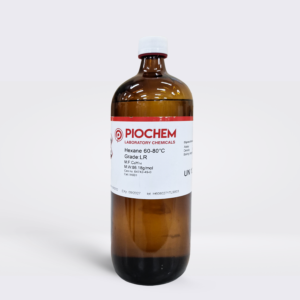Xylene is a colorless, flammable liquid with a sweet odor. It is a mixture of three isomers: ortho-xylene, meta-xylene, and para-xylene. The isomers have slightly different properties, but they are all similar in terms of their toxicity and hazards.
Xylene is a common solvent and is used in a variety of industries, including:
- Petroleum refining
- Rubber manufacturing
- Paints and coatings
- Adhesives
- Inks
- Cleaning products
Xylene is also used as a feedstock for the production of other chemicals, such as terephthalic acid and phthalic anhydride.
Exposure to xylene can cause a variety of health problems, including:
- Eye, nose, and throat irritation
- Headaches
- Dizziness
- Nausea and vomiting
- Confusion
- Loss of coordination
- Drowsiness
- In high doses, xylene can be fatal.
Long-term exposure to xylene can damage the liver, kidneys, and nervous system. It can also increase the risk of cancer.
If you are exposed to xylene, it is important to seek medical attention immediately. There is no specific treatment for xylene poisoning, but doctors can provide supportive care to help manage the symptoms.
Here are some tips for preventing xylene exposure:
- Use xylene in a well-ventilated area.
- Wear gloves, goggles, and a respirator when working with xylene.
- Dispose of xylene properly.
- Do not eat, drink, or smoke while working with xylene.
- Wash your hands thoroughly after working with xylene.
Xylene is a hazardous chemical, but it can be handled safely if the proper precautions are taken.





Reviews
There are no reviews yet.